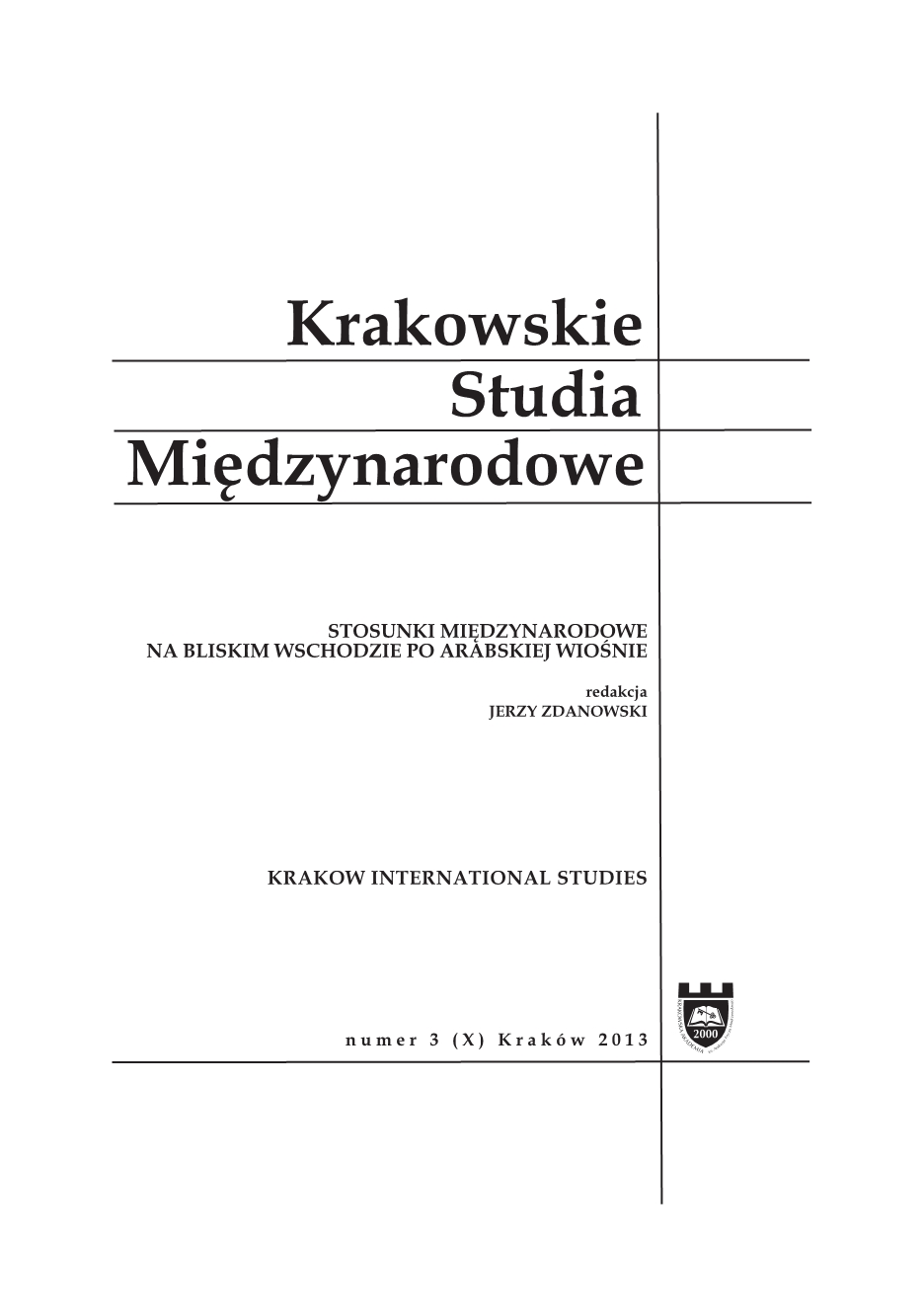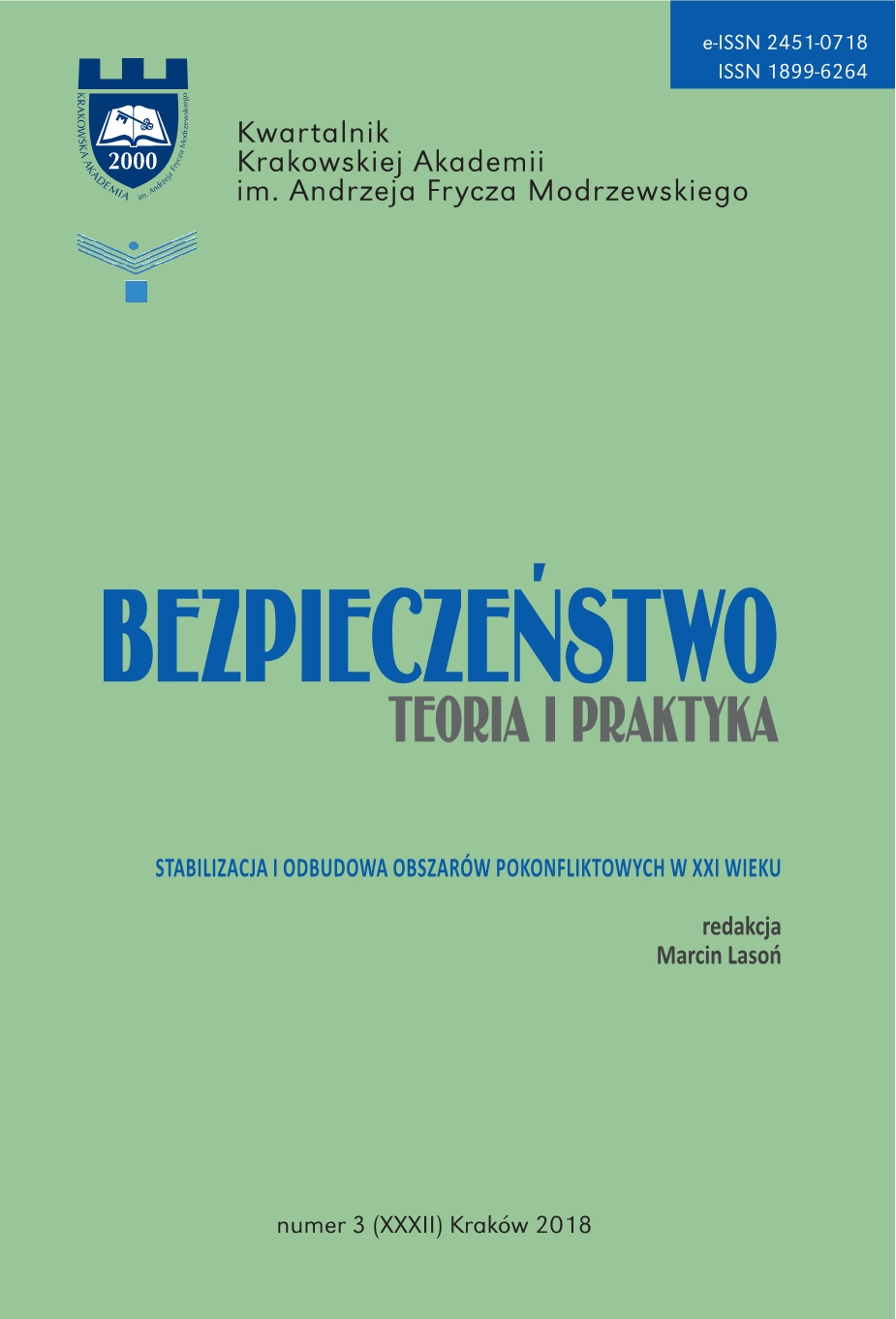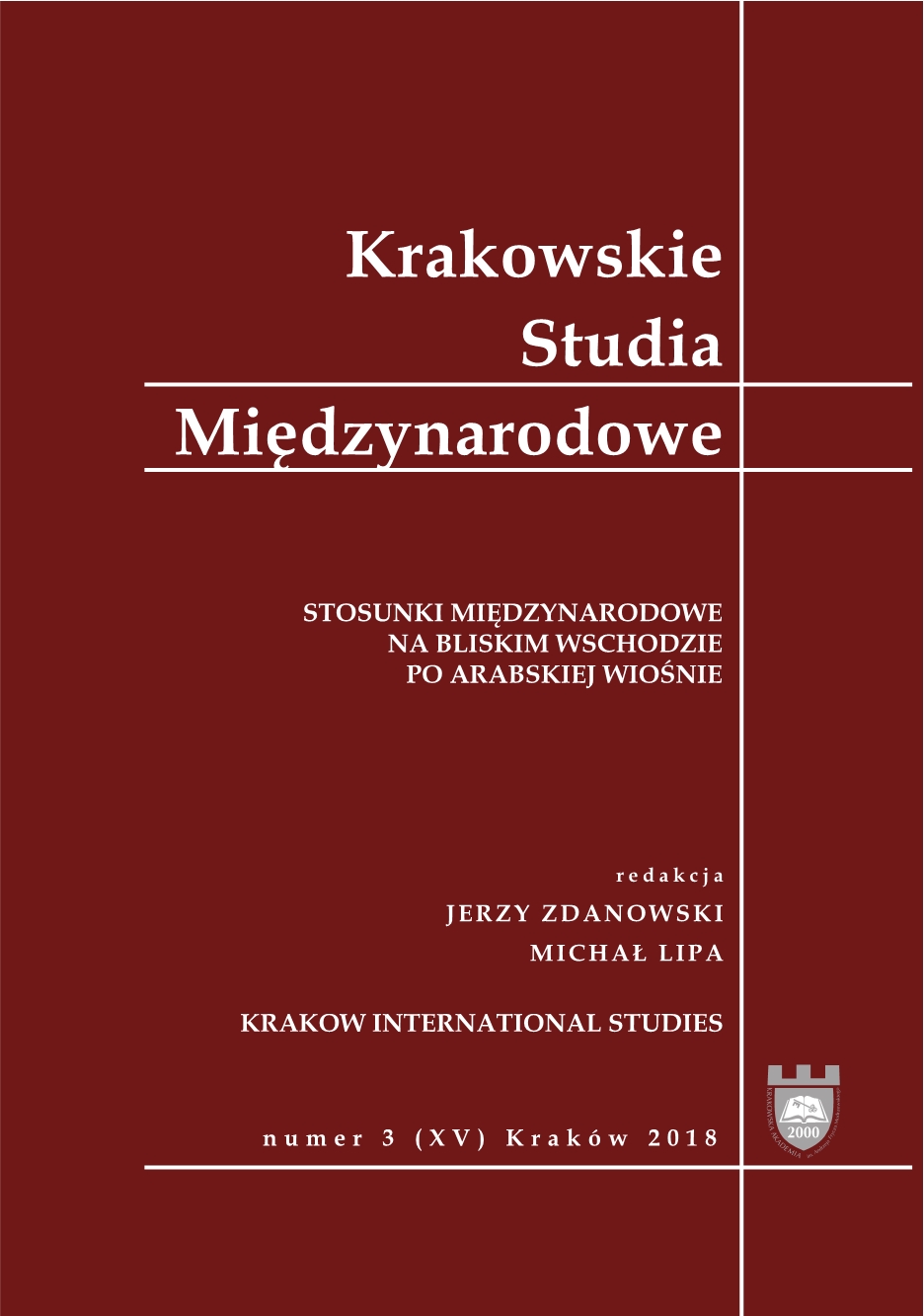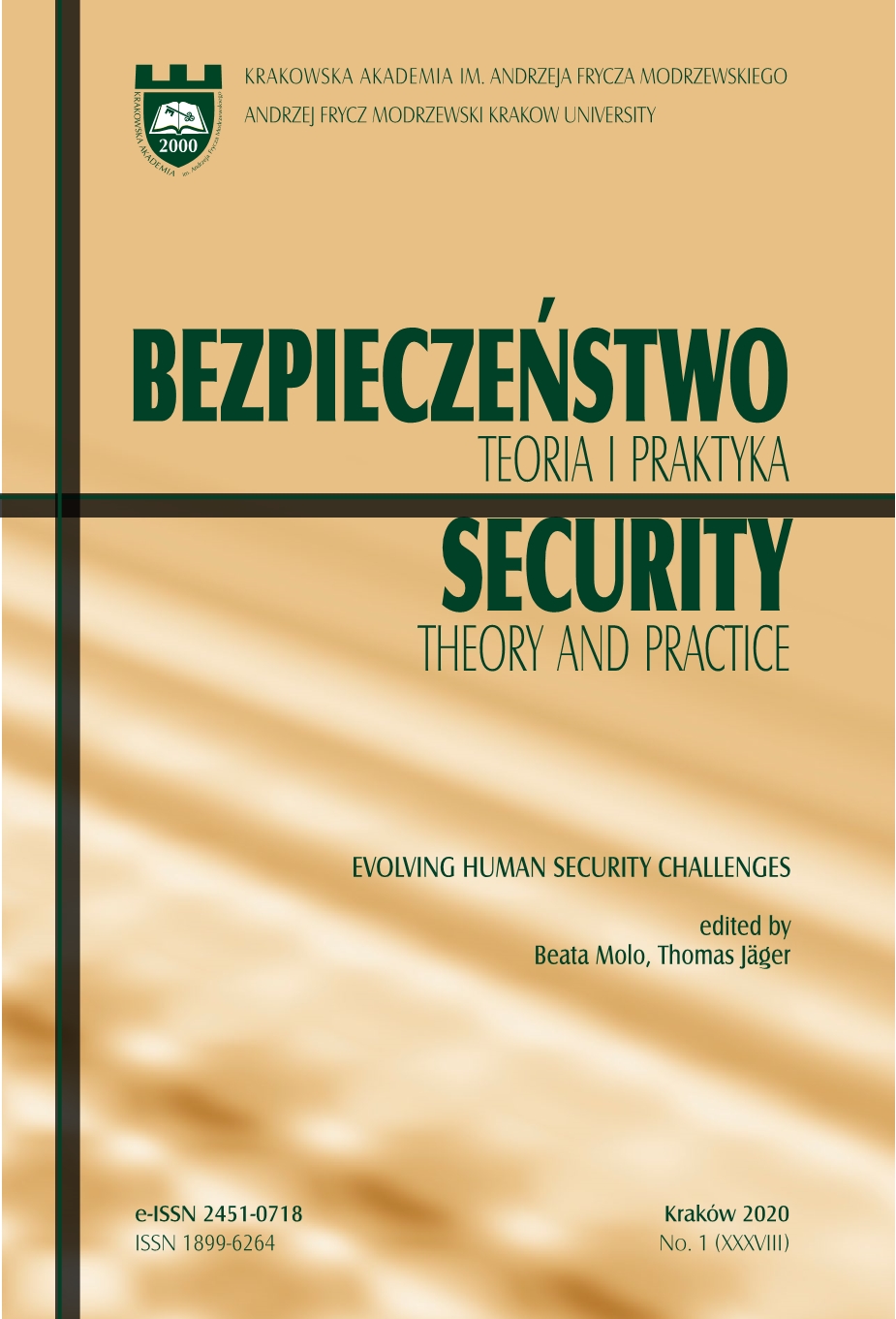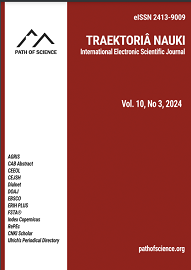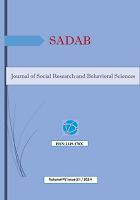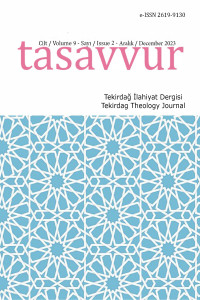Author(s): Mohammed Hashas / Language(s): English
Issue: 3/2024
This paper aims to map the terrain of religion and politics in modern and contemporary Morocco. Seeing the chronological and intellectual diversity within Moroccan religious thought and politics, this paper proposes three major historical periods to facilitate approaching the topic: the pre-/ colonial, the colonial, and postcolonial times. The first pre/-colonial period is hybrid; it coincides with the rise of the first generation of the Moroccan Nahda renewal, before the colonial period, although it lived into the colonial period and played important roles in it for liberation. I mark this with the “Islamic” label, since Islam was the only common identity marker for any project of renewal in an intellectually “homogeneous” society. As to the colonial period, this Islamic identity became stronger since the colonial administration tried to weaken this identity and the social fabric and its related institutions, be they religious brotherhoods, religious endowments, or Sufi orders; at a certain moment in 1930, the colonial administration played on linguistic differences to divide and rule, and in another occasion, in 1953–1955, it tried to dethrone the nationalist Sultan and replace him with a docile one. Here, again, the “Islamic” identity marker of society and politics was further emphasized as a force of unity, thus the label of Nationalist Islam in this stage, despite the variety of currents within the nationalist movement. As to the postcolonial period, it is a phase in which the modern debates over the format of the nation state, the place of religion in politics, democracy, liberalism, socialism, and secularization become part of Moroccan thought and politics. Thus, three major labels are used to describe the variety of political Islams in society: the Ultra-Orthodox Islam, the Orthodox Islam, and Critical Islam. And since they all share Islam as an identity but interpret it differently, I borrow the term from Asef Bayat to call this period the “post-Islamist” period, since the actors with the Islamic label are multiple, and no one single trend or project manages to win to enforce its Islamist interpretation on society and political stakeholders. More importantly, this diversity of interpretations is what saves the “Islamic” from rigidity and turns it into its fluidity of pre-modern times, i.e. to the “Islamic” as a lived spirituality and moral compass, as a theocentric way of life, in a forthcoming post- Islamist society, a secular world and neoliberal economies.
More...
